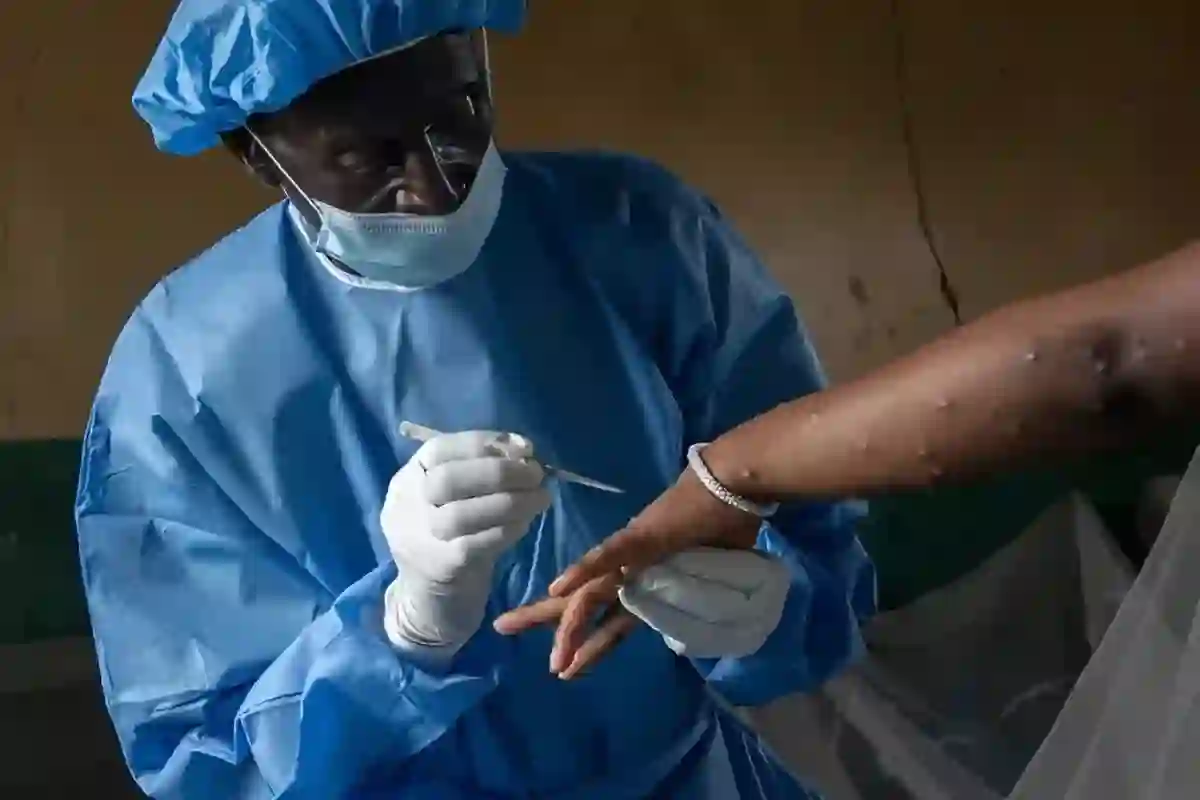Just when the world thought it had one less virus to worry about, mpox—formerly known as monkeypox—has made a troubling return in Sierra Leone.
Health officials are now grappling with a fresh outbreak, and it’s spreading across several districts.
A Closer Look at the Current Outbreak
As of July 17, 2025, Sierra Leone is in the middle of an active Clade II mpox outbreak.
This particular strain, which is considered less severe than others, is commonly found in West Africa.
Interestingly, it’s affecting both men and women aged between 20 and 39 in nearly equal numbers.
Experts have confirmed that the virus is being passed from person to person, including through close and intimate contact, raising concerns about how quickly it could spread within communities.
How Authorities Are Responding
The country didn’t waste time responding. Back on January 16, Sierra Leone’s Minister of Health, Dr. Austin Demby, officially declared mpox a public health emergency after two initial cases were found across different areas.
Since then, international organisations have stepped in to help.
Médecins Sans Frontières (MSF) has been active in several districts—including Freetown, Kenema, Bombali, and Tonkolili—helping with on-the-ground response efforts.
UNICEF, with the backing of Gavi, delivered 58,000 doses of the mpox vaccine earlier this year, and Gavi has now pledged an additional 50,000 doses, bringing the total to nearly 110,000.
But Challenges Still Linger
Although case numbers have started to decline, health experts are warning against getting too comfortable.
Delays in data reporting could mean the real picture is still unclear.
And while vaccines are being rolled out, there’s still a shortage compared to what’s needed.
Travellers heading to Sierra Leone who plan to engage in activities that could put them at risk are being advised to get vaccinated.
The JYNNEOS® vaccine—administered in two doses, 28 days apart—is the recommended protection against the virus.
Gaps in Resources and Community Trust
Despite the ongoing response, there are still big gaps.
Vaccine supplies are limited, and many areas don’t yet have strong systems in place for detecting or managing new cases.
Building trust and cooperation within communities also remains a major challenge.
The Bigger Global Picture
This isn’t just a local problem. On June 9, the World Health Organisation (WHO) confirmed that mpox still qualifies as a Public Health Emergency of International Concern.
That’s a signal to the global community: this outbreak deserves urgent attention and resources.
But funding is a big issue. WHO estimates it will take around $145 million (about R2.56 billion) to tackle mpox effectively on a global scale—and most of that money hasn’t been secured yet.
Without sustained international support, efforts in countries like Sierra Leone could easily stall.
What Needs to Happen Next?
To bring mpox under control, especially in vulnerable countries, it’s going to take a mix of things: better funding, faster vaccine rollouts, stronger health surveillance, and more community education.
